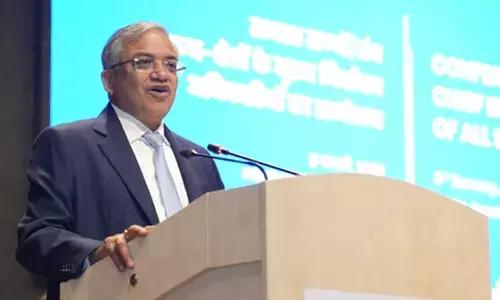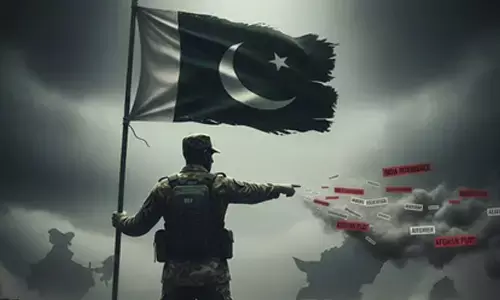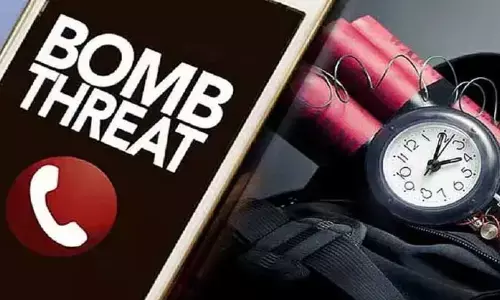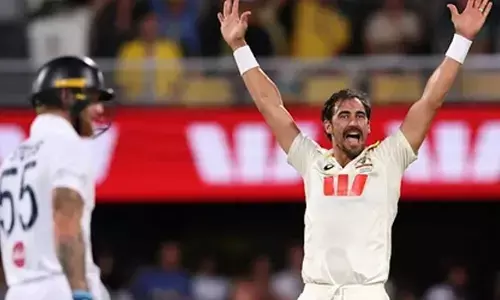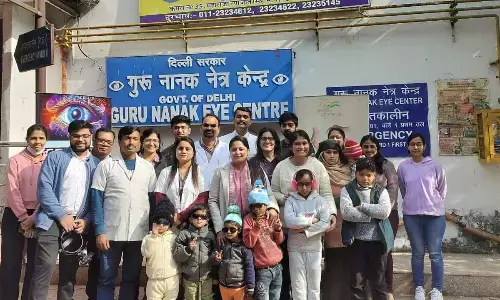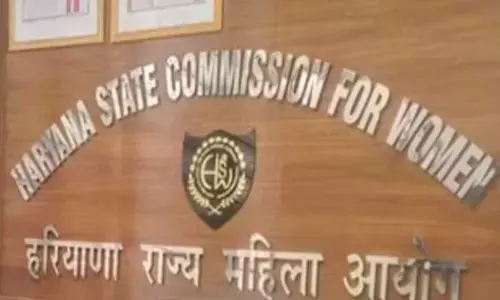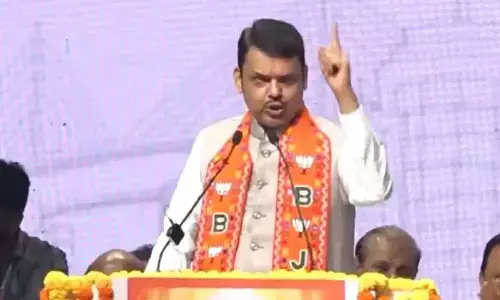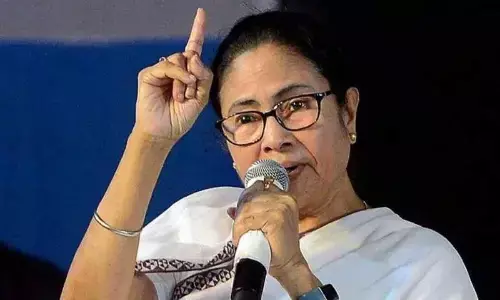Ex-US NSA John Bolton slams State Department for defending India on Iranian oil import
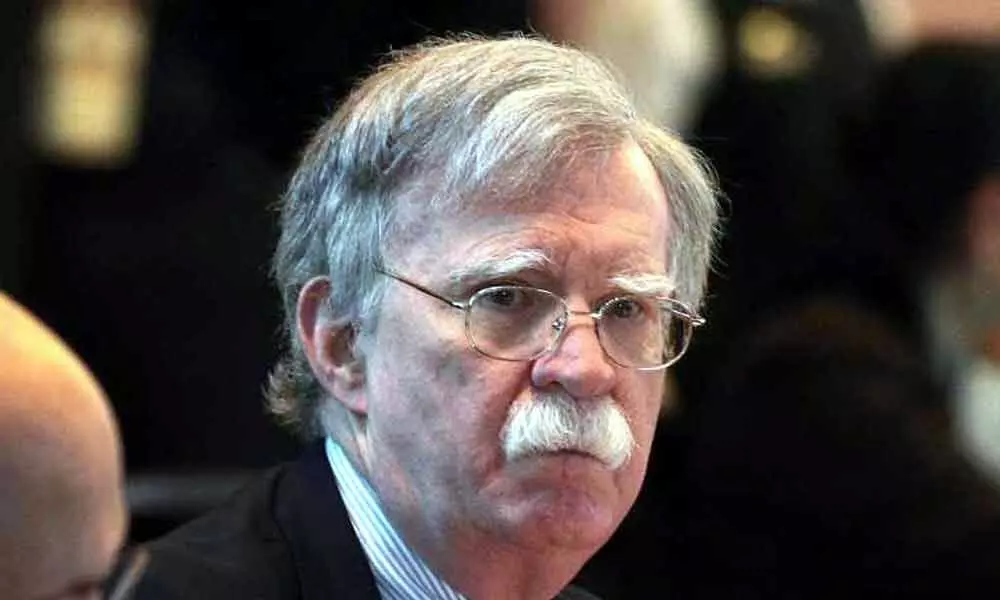 Former White House national security advisor John Bolton (File photo| AP)
Former White House national security advisor John Bolton (File photo| AP)In his book 'The Room Where It Happened: A White House Memoir', Bolton claimed that Trump was not 'sympathetic' in India's case.
Washington: Former US national security advisor John Bolton has slammed the State Department for defending India's position on import of oil from Iran, while claiming at the same time that President Donald Trump had "not been sympathetic" to New Delhi's case.
In his tell-all book "The Room Where It Happened: A White House Memoir" that hit the stands on Tuesday, there is a sporadic mention of India in the context of President Trump asking countries to bring down the import of Iranian oil to zero and the crisis with Pakistan following the Pulwama terror attack.
The US last year had asked India and other countries to completely end their imports of Iranian oil by November 4 or be subject to US sanctions, a decision that comes about a year after America quit the Iran nuclear deal and imposed toughest-ever sanctions on the resource-rich Persian Gulf nation.
Iran is India's third-largest oil supplier after Iraq and Saudi Arabia. Iran supplied 18.4 million tonnes of crude oil between April 2017 and January 2018 (first 10 months of fiscal 2017-18). "In a phone call with (Secretary of State) Mike Pompeo, Trump had not been sympathetic to India's Prime Minister Narendra Modi, saying, 'He'll be okay.' I recall a similar conversation reflecting Trump's indifference to notifying allies about waiver decisions," 71-year-old Bolton wrote in his book, which the Trump administration tried to stall.
The Department of Justice had sought a temporary restraining order blocking the release of the book, expressing concerns that classified information could be exposed. However, a federal judge ruled on Saturday that Bolton can move forward in publishing the book.
"Considering one foreign leader's trip to Washington, which also raised the ending of a waiver, Trump had a ready suggestion: 'Do it before he gets here, and then I'll say I didn't know anything about it,' and 'Do it early in the week. I don't want to be anywhere near it'," Bolton wrote.
Bolton also said that he did not like State Department officials defending India's position on the Iranian oil import. "One of the worst cases involved India, which, like the others, was buying Iranian oil at prices well below the global market because Iran was so desperate to make sales. India complained it would be disadvantaged not only because of having to find new suppliers, but also because the new sources would insist on prevailing market prices!" he wrote.
"India's making this argument was understandable, but it was incomprehensible that US bureaucrats echoed it sympathetically," Bolton, known for his walrus moustache, added. The White House has dismissed the contents of the book and said it reveals a lot of classified information. While Trump in a series of tweets have slammed Bolton and said that he was fired, Pompeo described him as a traitor.
In a series of interviews to the US media and also in the book, Bolton said that Trump is unfit to be the president and that he will not vote for his former boss in the November presidential elections. In an apparent reference to the Indo-Pak tension after the Pulwama attack, Bolton wrote that the crisis was defused after hours of phone calls.
40 CRPF personnel were killed on February 14 last year in a suicide bombing by Pakistan-based Jaish-e-Mohammed (JeM) in Jammu and Kashmir's Pulwama district. "After hours of phone calls, the crisis passed, perhaps because, in substance, there never really had been one. But when two nuclear powers spin up their military capabilities, it is best not to ignore it. No one else cared at the time, but the point was clear to me: this was what happened when people didn't take nuclear proliferation from the likes of Iran and North Korea seriously," Bolton said in the book.
In a chapter on Afghanistan, he mentioned that Trump during a meeting on negotiations with the Taliban wanted to talk to Prime Minister Modi to discuss Kashmir. However, the former national security advisor did not mention the context of the conversation. "Then, switching to Kashmir, 'I want to call Modi on Monday', he (Trump) said. 'We have tremendous power [-] because of trade'," Bolton wrote.








